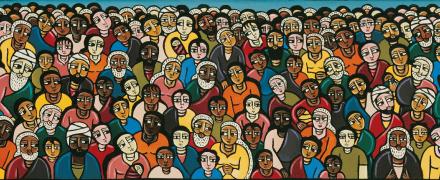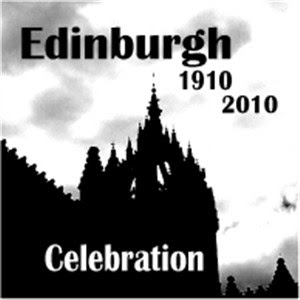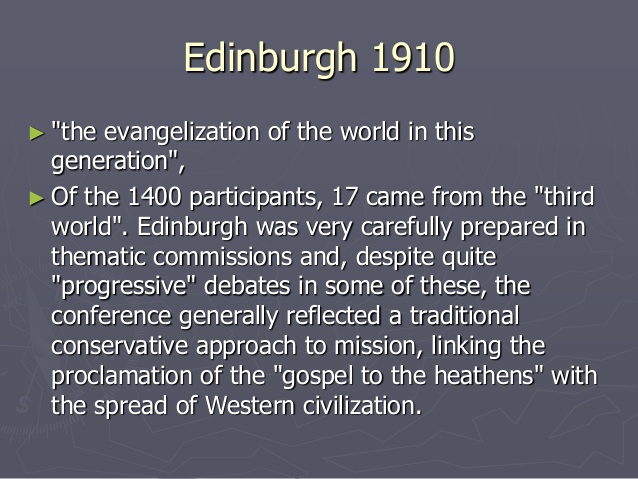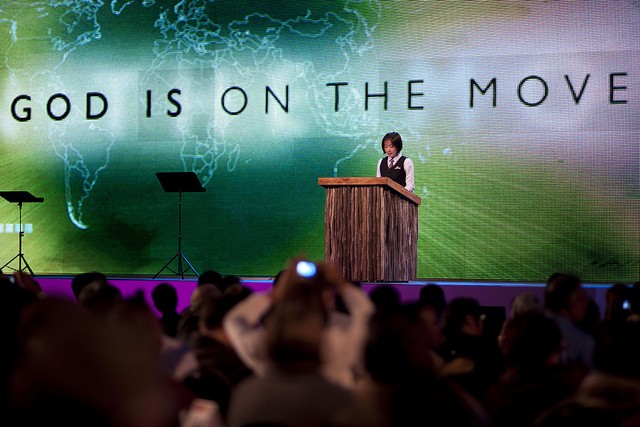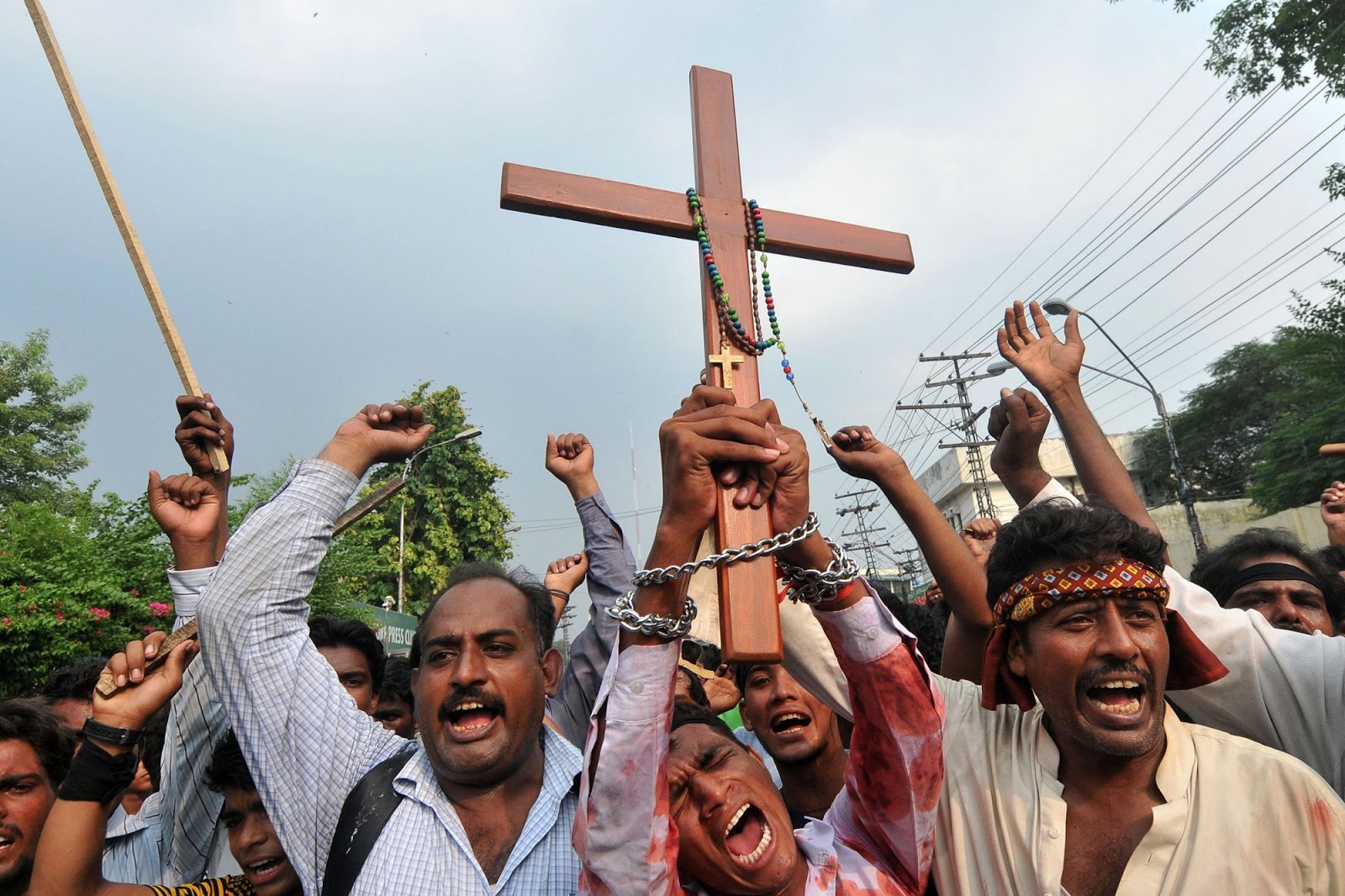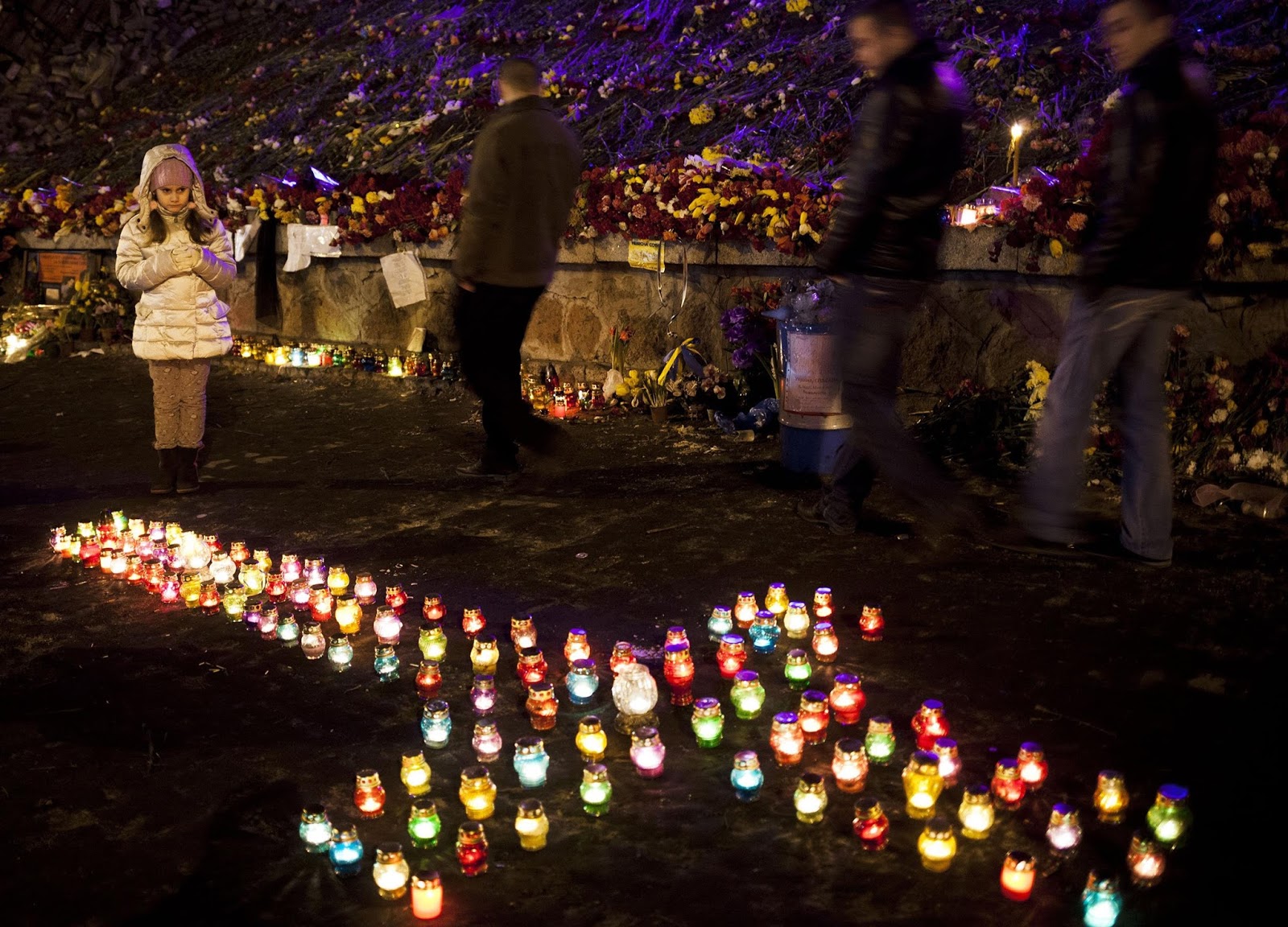![Without walls]()
«Without Walls»: what this means for the Church, her spirituality and her mission
Open Spirituality
We live in a world of ‘things’ and perceive everything as ‘things’. This includes spirituality. We say that spirituality is with someone, or someone has it. But spirituality is not a thing, not property; what it is does not in any way belong to us, but is freely manifested in relationships. That is, it is not a ‘thing’ or even ‘people’, but a relationship. More precisely, it is a relationship that is transformed by the presence of the Spirit.
There is nothing more fragile, unstable, more subtle than a relationship. There is nothing more precious. The most precious item is worth less than a relationship. As Remarque said, «Anything you can settle with money is cheap.” Relationships are precious.
The Spirit that fills us and our relationships is extremely independent, self-willed. It breathes where it wants. It comes when it wants, and in the same way it goes. We cannot hold onto It, nor can we appropriate It. Where He is – there is spirituality, where He is not – nothing can be done.
When people talk about Christians as spiritual, I do not know whether I should cry or rejoice. Because, if after us they do not notice the Spirit, then we are doing something wrong, we are distracting people’s attention from the main thing.
Thus, spirituality is the manifestation of the Spirit in the relationship of man to himself, to others, to the world, and to God. «Manifestation» means that something spiritual, invisible, divine, becomes visible to humans. We can also use a word that is more familiar to theologians – incarnation. The incorporeal is made flesh, acquires a recognizable material outline, becomes accessible to questions and contacts.
To be spiritual means to allow the Spirit to work in us by changing the world of relationships, making God visible, embodied, manifest. In this sense, we can agree with Paul Tillich that God as the Spirit is not a separate reality, but the depth of our reality. Spirituality is a special dimension of reality, the depth of life, the authenticity in relationships, the purity of motives, the goodness of the world.
The world is spiritual because it has been created and supported, breathes and is filled with God. And our task as Christians is to make this spirituality visible, demonstrate it to the fullest extent, saturate our lives and our relationships with it. How do we do this? First of all, by accepting the spirituality of the world and history, by thanking God for the presence of the Spirit here and everywhere in the past, present and future. We can and must understand spirituality as oriented toward the future. Spirituality gives us the opportunity to live freely, creatively, boldly, trusting in God. Spirituality is connected not so much with the canonical images of the past as it is with inspiration for the future.
Spirituality pervades time and space – physical, historical, cultural, private, public. For the spiritual Christian there are no non-spiritual spheres. We can see culture as the language of God, incarnate images of the disembodied Spirit. We can feel the spirituality of the body. We can feel the touch of the Spirit in the midst of social unrest.
But for the sense of the Spirit and spiritual senses to evolve, we need to practice them, we need to build a community that practices spirituality. I do not think that the gospel is about each person becoming spiritual. The Spirit permeates our relationships and creates from us a community – we are seeking out the Church, we long for the Kingdom. And that’s not all, for wherever we are, in each meeting with another, we see God among us. Spirituality is a special type of vision and life, when we see life filled with the Spirit, and are ourselves filled with Him. Then we begin to seek out in life that which points us to God, that which connects us to Him, that which inspires us and move us. What draws me to the depths? What raises my eyes to the heavens? What elevates me? What causes my heart to burn? How does God speak through everyday and profane things? How is He present here? How must I and my relationship with others be changed in the light of His presence? This – is what spirituality is about.
The Church Without Walls
The church without walls is a missionary image, the image of a radical openness, the image of moving from the self to people –although this is not only to people, but to God. The Church is not only looking for opportunities to serve people, it is also looking for an understanding of God’s will as to how and whom to serve. It serves people, and the Church is in communion with His ministry. In serving God, the Church serves people. In serving people, the Church serves Him. However you look at it, it turns out that the Church, God and the people are most often found there –outside the walls.
The church without walls professes that God is the other side of the church’s facade, although He is also found within that space. For Him there are no walls. God works without walls, He passes through walls, and the church must follow Him, must constantly ask questions: Where is He? What is He doing? What can and should we do together?
Our misfortune lies in that we are too concerned with our own salvation to see and understand the presence and action of God in the world. We build walls to keep within them in the Divine Presence, to co-opt Him for ourselves, so that we can hold Him and rule on His behalf. And then we call our place holy, and what lies behind our walls – sinful, profane, secular.
We encircle ourselves with walls because we are afraid of enemies, strangers, or simply others. And then we are emboldened and we look at everybody from above.
We hide behind the wall to hide our weakness, fatigue, and unsightliness. And then we begin to believe in ourselves.
For the Church, the walls are a sign of identity, the ability to protect itself from external influences. However, any closed system is doomed. And so the Church that will live will be that, which seeks to expand within the realm of the Kingdom and coincide with it. Openness implies vulnerability, risk, trust, acceptance, communication. In the end, it is giving and sacrifice.
Today we must think not only about the survival of the churches as they have developed, but also about a bolder question: what forms of ecclesiasticism must we accept and bless, not only to survive but to live fully and to serve? What should be the structure of church life against a backdrop of anti-Christian terror? What is the structure of a church ministry that answers to the lifestyles of people today? What form of church life meets the requirements of Christian unity and the dialogue of traditions?
When pondering these issues, we need to be creative and radical. We need to talk about how in place of institutions there are an increasing number of online communities. Under the pressure of economic and political circumstances, we need to simplify the structure of the church. We must think about catacomb forms of church presence in dangerous areas. We have to think about public images of Christianity that speak to very fluid forms of social life. We have to think about the synthesis of religious forms and traditions, not excluding the fact that instead of recognizable confessional forms we encounter hybrids (such as evangelical Orthodoxy or evangelical Catholicism, filo-catholic Protestantism or filo-catholic Orthodoxy) or universal (the “just Christians” or even those who are of a secular faith).
Righteousness and confidence in bold innovations are given by the nature of the Church. It does not belong to the past but to the future, it is not of history, it is of God. The church without walls is not limited to its past, is not definable by reference to the way it was; it strives towards the future and lives a reverse perspective.
The church without walls is a church that is free and creative, and at the same time subordinate to its mission. It understands the conventionality of its forms and the absoluteness of its vocation.
The Mission: Beyond the Walls
Each location can be seen as a special place for the meeting, the presence, the action of God. And then our mission will be movement from place to place, and the recognition in the different locales of the action of God and participation in it. Upon awakening, Jacob said: “Surely the Lord is in this place, and I was not aware of it.” He was afraid and said, “How awesome is this place! This is none other than the house of God; this is the gate of heaven.” (Genesis 28:16-17)
We can and we must repeat these words in every place we find ourselves. The staircase connects the heavens and the earth not in a special place, but wherever people are looking for God, and His Kingdom reigns “on earth as in heaven.”
Today, sociologists and anthropologists of religion speak of Maidan as a “place of the power,” the sacredness of which supposedly explains what transpired there in the winter of 2013-2014. But theologians and missiologists understand that what should be recognized as a place of the power is the whole Earth. Anywhere can be imbued with the power, so our task is not reduced to the demarcation of sacred places as blessed territories, but to serve God in every place, invoking Him in the most sundry situations, surprising ourselves by discovering that He can be found even where we least expect Him.
In the case of the Maidan, local Christians never thought of it as a holy place, rather as a political, civil, national center. But God worked there, and in complicity with His actions, so did thousands of Christians. Now we recognize Maidan as a special place for God’s mission – the Church was forced to acknowledge this, despite its stubborn refusal to leave its familiar habitual holy places and its well-known suspicion toward the spheres of social life outside the church.
The American researcher Katherine Vonner recalls in one of her articles a symbolic place and act in occupied Lugansk – boldly inscribed in the captured government building was the threatening greeting: “Welcome to hell!” In fact, these public declarations are not uncommon – most of them can be seen at the checkpoints manned by fighters and Russian soldiers. Hellish statements such as these pose a challenge not only to peaceful civilian life. They challenge the Church’s mission – is it able to recognize this hellish place as a territory graced by God’s presence and His ministry? Can we, dare we challenge this place’s hellish jurisdiction?
It is obvious that the territory of military operations in the east of Ukraine and in other countries is a special place where God accomplishes His mission – with or without the Church. But no less special are the workplaces of ordinary Christians, from which big, and also the more radical changes in the country can be launched. No less special are quiet prayer rooms, noisy university auditoriums, bazaars and supermarkets, hospitals and prisons. If we profess the Lordship of Christ, the challenge takes on the form of a choice: to recognize each place as one where God dwells and works so as to serve together with Him; or to limit one’s missionary presence to separate places, and in so doing risk getting stuck, shutting down, being forgotten, losing the very connection to reality, to life, to God.
The Church has its canonical mapping of the world, its places, borders, walls. But today’s challenge lies in that the maps become dated faster than it takes to draw them up. Can we put aside the church’s Carta Sacra and see the whole world as a territory of the Kingdom? Do we dare apprehend and accept every hellish place on our planet (and there are so very many of them) as a locus missiologicus? Can we again set forth on our journey, crossing borders and passing through walls, calling into question the distribution of power, recognizing and proclaiming the Lordship of Jesus Christ everywhere and in every place?








